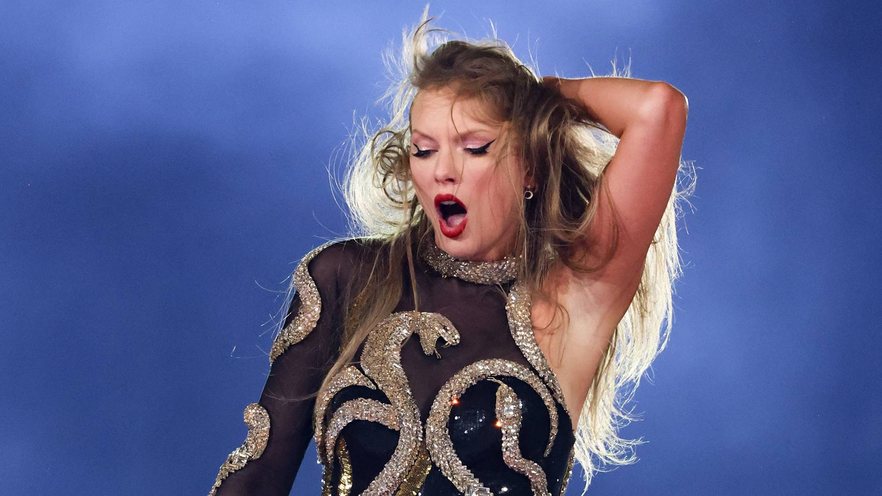The investor can acquire a fraction of the works of Brazilian and world music stars
Music is present in the lives of thousands of people. With musical works played on different platforms, all you need is a good Internet connection and a click to listen to the songs of your favorite artist. In addition to entertainment, however, it is possible to earn money listening to the idol, thanks to an alternative investment: in musical royalties.
Get the latest news directly on WhatsApp! Subscribe to the Terra channel
Generally speaking, investing in music royalties means that the investor is entitled to receive an amount of money every time a musical composition is played by third parties in concerts, public places or on platforms such as Spotify and YouTube.
“In short, artists sell investors a portion of the future revenue generated by their music catalog in exchange for a fixed payment,” says Ana Gabriela Mathias, COO of MUV Capital.
As he explains, securitization is a financial practice that involves converting future flows of assets, such as music royalties, into tradable securities.
Marketing model
The operation of musical rights begins through a direct contract between the author and the artist who owns the copyright and related rights relating to musical works. According to the document, the originator temporarily becomes the owner of a fraction of the credits, which will be generated over time from the reproduction of said songs.
Credits are linked to the number of times a given musical work and phonogram are performed publicly or reproduced in different environments and platforms which entitle the music rights holder to receive a certain amount of money for such reproduction.
Hurst Capital CEO Arthur Farache points out that, in addition to diversification, the big difference of this type of investment is the lack of correlation with the traditional investment market and the perception of passive income throughout the investment period.
“The performance of the music market is little affected in times of political and economic uncertainty, which makes it very attractive. In addition, the investor will be able to earn a passive monthly income during the months in which the credit certificates remain in force,” he emphasizes.
According to data from Ecad, the entity responsible for monitoring, collecting and distributing royalties to artists, music revenues in 2022 (2023 data are not yet final) were R$ 1.39 billion. The distribution, worth approximately R$ 1.23 billion, benefited 316 thousand artists, including composers, singers and other professionals involved.
Latest releases
With a diverse collection that ranges from carnival marches to country music and soap opera soundtracks, Moacyr Francofor example, negotiated music royalties last month. During his career, Moacyr composed several works, including the famous marchinha “Me Dinheiro Aí”.
The singer’s catalog Kadu Martins was also recently acquired by MUV. In the case of Kadu, the operation provides for an estimated rate of return of 19.08% per year (base scenario) and a period of 36 months with a guarantee of the IPCA, the official inflation index of the country. In the Moacyr operation, the Estimated rate of return is 21.04% per year.
Interested investors can purchase Credit Certificates backed by credit rights for the public performance and digital distribution of music. In the case of Hurst, for example, interested parties can invest with a minimum amount of R$ 10 thousand.
What are the 10 most expensive countries to live in 2024?
Source: Terra
Earl Johnson is a music writer at Gossipify, known for his in-depth analysis and unique perspective on the industry. A graduate of USC with a degree in Music, he brings years of experience and passion to his writing. He covers the latest releases and trends, always on the lookout for the next big thing in music.









